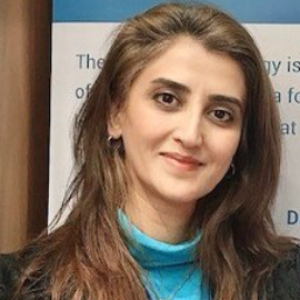Abstract:
Background: Roux-en-Y gastric bypass increases circulating bile acid concentrations, known mediators of postprandial suppression of markers of bone resorption. Long-term data, however, indicate that Roux-en-Y gastric bypass confers an increased risk of bone loss on recipients.
Methods: Thirty-six obese individuals, median age 44 (26–64) with median body mass index at baseline of 42.5 (40.4–46) were studied before and 15 months after Roux-en-Y gastric bypass. After an overnight fast, patients received a 400 kcal mixed meal. Blood samples were collected premeal then at 30-min periods for 120 min. Pre and postmeal samples were analysed for total bile acids, parathyroid hormone and C-terminal telopeptide.
Results: Body weight loss post Roux-en-Y gastric bypass was associated with a median 4.9-fold increase in peak postprandial total bile acid concentration, and a median 2.4-fold increase in cumulative food evoked bile acid response. Median fasting parathyroid hormone, postprandial reduction in parathyroid hormone and total parathyroid hormone release over 120 min remained unchanged after surgery. After surgery, median fasting C-terminal telopeptide increased 2.3-fold, peak postprandial concentrations increased 3.8-fold and total release was increased 1.9-fold.
Conclusions: Fasting and postprandial total bile acids and C-terminal telopeptide are increased above reference range after Roux-en-Y gastric bypass. These changes occur in spite of improved vitamin D status with supplementation. These results suggest that post-Roux-en-Y gastric bypass increases in total bile acids do not effectively oppose an ongoing resorptive signal operative along the gut–bone axis. Serial measurement of C-terminal telopeptide may be of value as a risk marker for long-term skeletal pathology in patients post Roux-en-Y gastric bypass.
Audience Take Away:
The aim of this presentation is to increase awareness amongst audience on metabolic bone disease that patient may undergo post-Roux-en-Y gastric bypass surgery. One important finding in my research for the first time was the ongoing rise in bone loss serum marker (CTX) in patients after Roux-en-Y gastric bypass surgery despite receiving vitamin D supplement. This finding highlights to the audience that a careful risk assessment on bone loss in patients undergoing bariatric surgery is required. A rise of CTX in the presence of normal PTH and vitamin D concentration and its post-prandial dynamic changes, suggests presence of a gut-hormone related signal modulating osteoclast function as a reason. This has great credibility as a working hypothesis in future works to identify the gut factor and its presence or absence across different bariatric procedures with cognate prevalence rates of osteoporosis.




